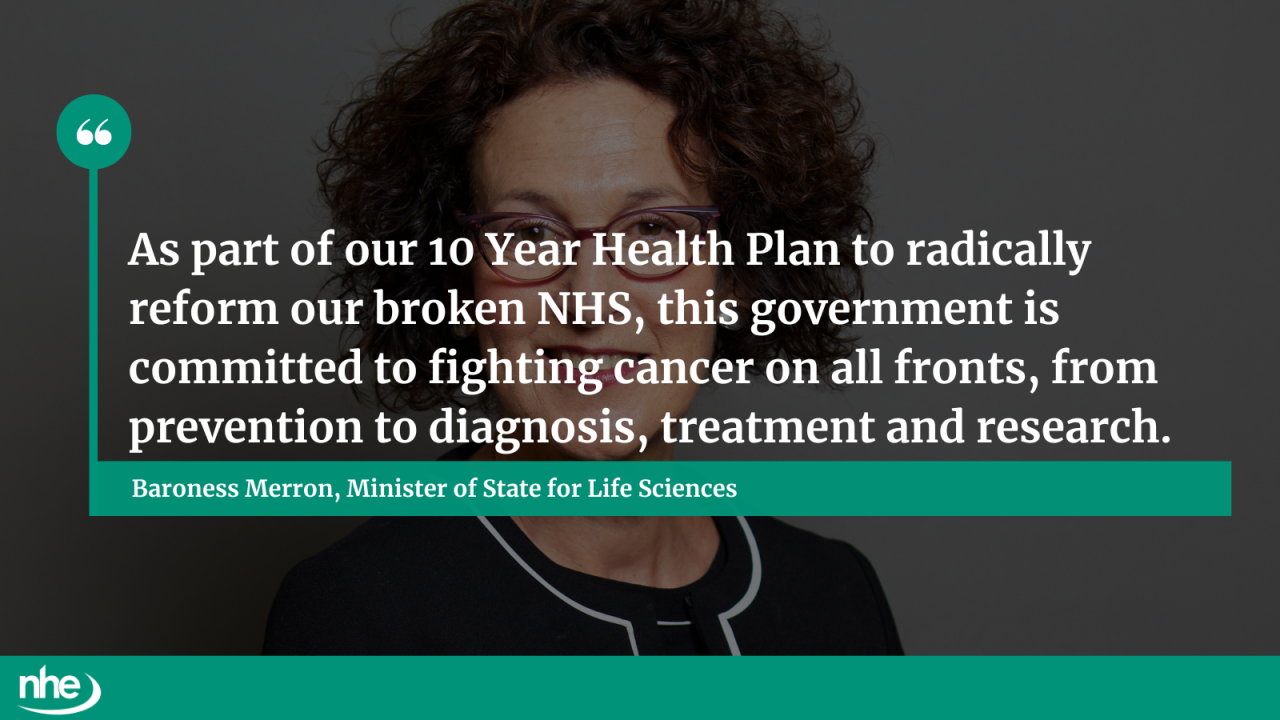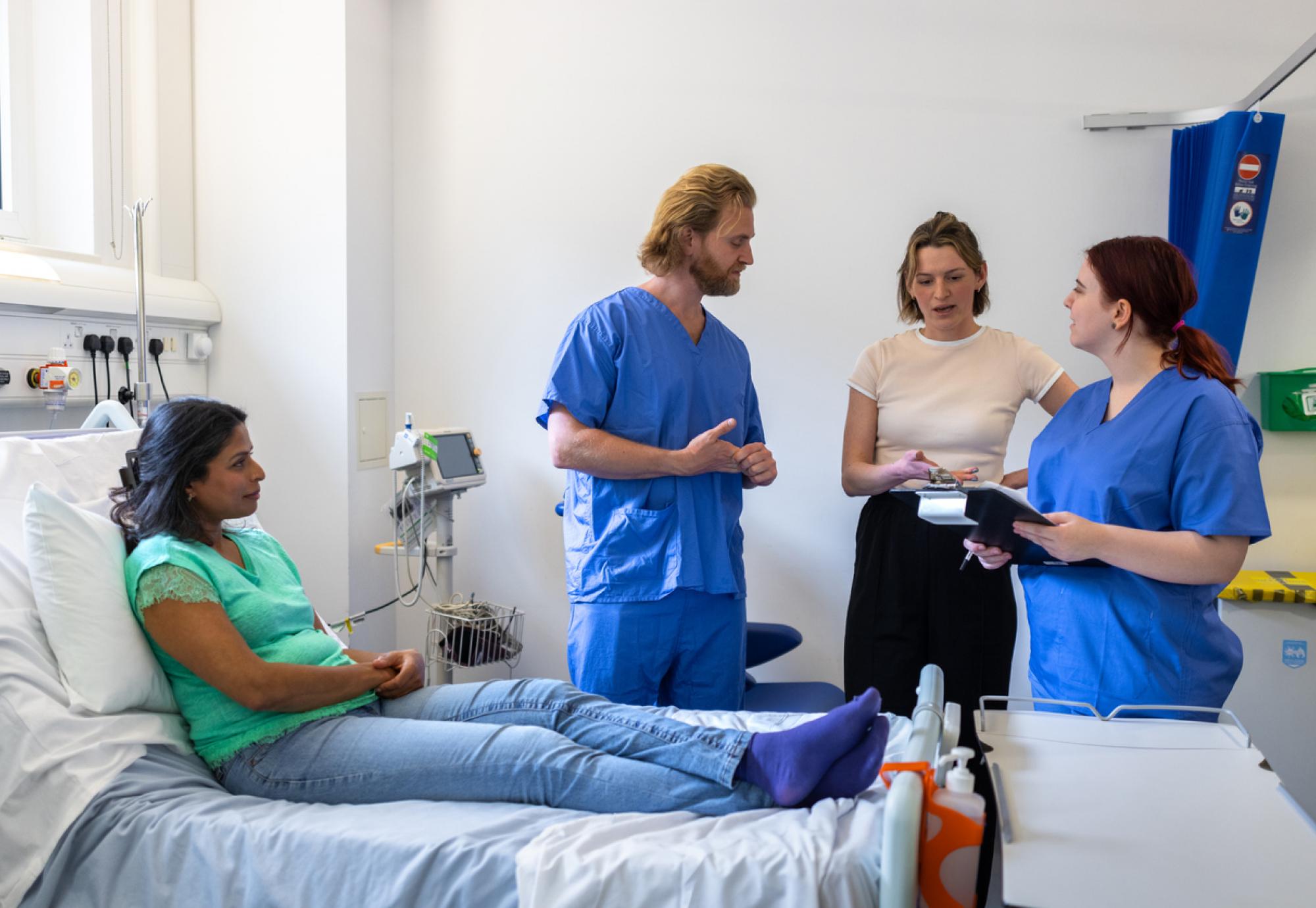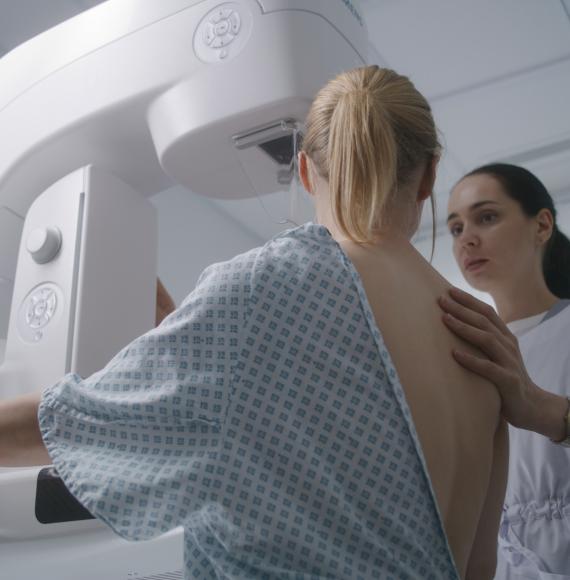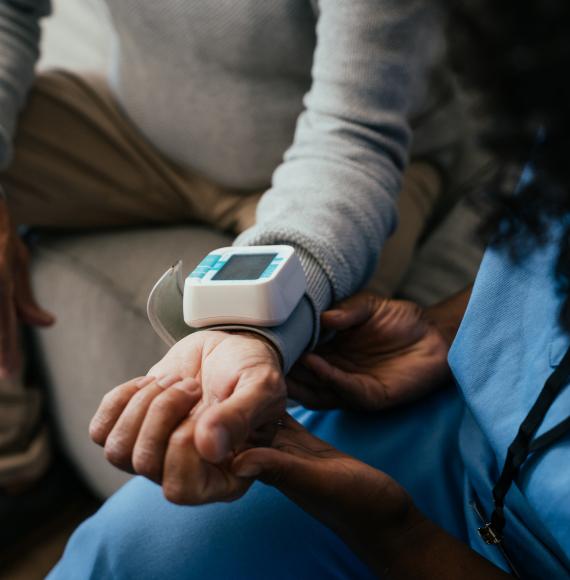The NHS has launched a rallying cry for nearly 150,000 people to join a series of major research projects that could revolutionise cancer care.
Three cancer programmes have been selected as part of the NHS DigiTrials initiative, which has set the aim of recruiting tens of thousands of volunteers over the next two years. The projects include:
- BEST4 Heartburn Health
- MyMelanoma
- PROTECT-C
Treatment transformation
The first trial is the largest of the three with 120,000 people expected to help test a new screening technique for oesophageal cancer – this involves swallowing a compressed sponge on a string to extract cells from the gullet. The research is being funded by Cancer Research UK and the National Institute for Health and Care Research.
The second is set to require 20,000 volunteers, constituting the largest melanoma study ever. The third scheme, funded by Yorkshire Cancer Research, will recruit 5,000 women to participate in a saliva-based genetic test to check their risk of developing a range of cancers, including ovarian, breast, endometrial, and colorectal.
The NHS DigiTrials recruitment service will identify those suitable for the studies and will begin inviting people this month. An extra study also being supported by the same overarching programme is the Children’s Surgery Outcome Reporting Project, which will focus on the care given to children who need complex surgery shortly after being born.

NHS England’s transformation director, Dr Vin Diwakar, said: “We’re pleased to be able to announce our support for these new research studies, 3 of which will help detect and treat cancer earlier and another which will improve the care of young children needing complex surgery – studies which could ultimately save lives.”
He added: “The trials will see the NHS working with leading academics across the country on research which could transform cancer treatment and benefit patients for decades to come.”
NHS reform
Life sciences minister Baroness Merron has encouraged people to take part in the aforementioned studies.
She said: “As part of our 10 Year Health Plan to radically reform our broken NHS, this government is committed to fighting cancer on all fronts, from prevention to diagnosis, treatment and research.”
Co-lead investigator of BEST4 Heartburn Health, Professor Peter Sasieni, commented: “Our clinical studies have already led to the capsule sponge being used within the NHS to help manage patients with heartburn, and this trial will see whether screening can reduce the risk of developing or dying from cancer of the food pipe.”
Professor Mark Middleton, chief investigator of MyMelanoma, added: “Our partnership will let us offer patients all around the country both the chance to take part in research into melanoma, and to have a say in how that research is done.
“It will help make MyMelanoma the largest ever melanoma study and let us answer research questions we simply couldn’t tackle before, with the goal of providing a more individualised approach to patient care.”
Lead of the PROTECT-C trial, Professor Ranjit Manchanda, said: “The concept of broadening genetic testing for cancer genes across the entire population, beyond just the current criteria-based approach, could prevent thousands more cancers than any current strategy, saving many lives.”
Image credit: iStock



















